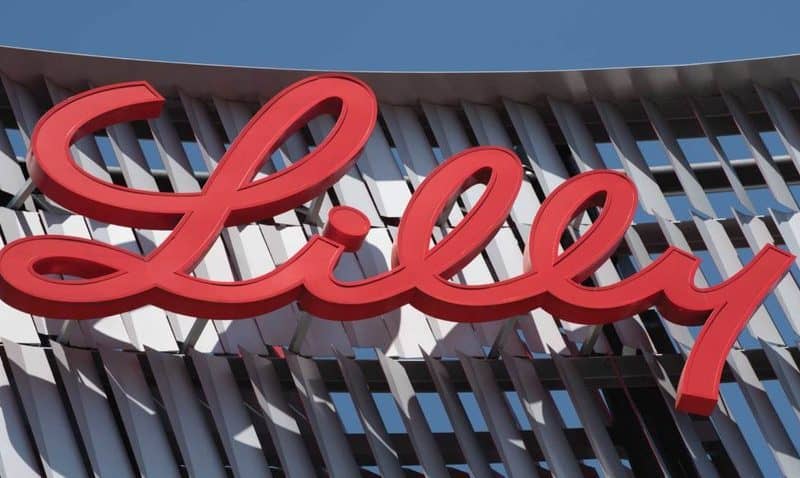More than a year after acquiring gene therapy-focused biotech Prevail Therapeutics, Eli Lilly is doubling down, investing $700 million in a new research hub in Boston slated to expand the Indianapolis-based pharma’s portfolio of gene therapies.
The company estimates the new hub, coined the Lilly Institute for Genetic Medicine, will spur more than 250 new research jobs based out of Boston in addition to growing its New York team to up to 200 employees. The facility is slated to open in 2024.
Currently, genetic medicine accounts for more than 20% of Lily’s portfolio in diabetes, immunology and treatments focused on the central nervous system. The new facility will provide resources for researchers in New York and Boston to develop new RNA and DNA-based therapies for diseases that have yet to be addressed through traditional medicine.
The investment builds on the company’s $1 billion acquisition of New York-based Prevail Therapeutics in 2020, which has three gene-based therapies in phase 1/2 trials. The lead candidate is PR001 for patients with Parkinson’s disease who have GBA1 mutations and neuronopathic Gaucher disease.
The treatment aims to address patients’ natural mutations in the GBA1 gene by injecting an engineered version in the spinal cord. The hope is that the injected gene will stimulate production of the enzyme GCase, which in turn can recycle glycolipids that build up and are associated with both neurodegenerative diseases.
The new research facility and Prevail acquisition are in addition to other RNA-focused plays Lilly made in 2021, which included a collaboration with MiNA Therapeutics for five targets worth up to $1.2 billion. Lilly also inked a deal with ProQR that could exceed $1 billion for an additional five targets using the biotech’s RNA editing technology.
The institute will be co-directed by Prevail’s CEO, Franz Hefti, and Lilly’s Andrew C. Adams, vice president of genetic medicine. The company also plans to use a portion of the institute as shared office space for biotech startups that could then work and collaborate with Lilly’s scientists. Once fully occupied, Lilly expects these additional companies to net 150 additional jobs.

